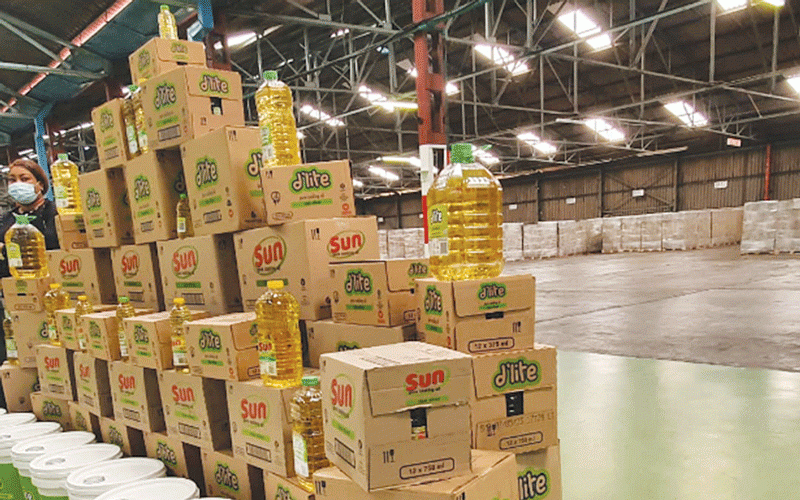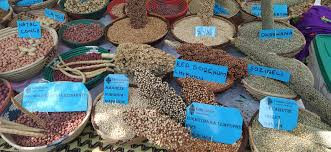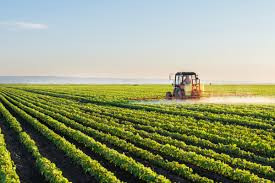
AGRO-PROCESSING giant Willowton Group intends to penetrate more regional markets leveraging on the quality of its products and proximity to the Southern African Development Community (Sadc) countries, according to ZimTrade.
The Mutare-based group is one of the leading producers of soaps and edible oils in Zimbabwe, whose product range includes Sona beauty and Britelite laundry soaps, as well as D’Lite and Sunfoil cooking oil.
The company is establishing a margarine plant to produce its well-known South African brands, ROMI and Sunshine D, with the majority of production destined for overseas markets.
Sona is the company's only product that is being exported regionally, but the firm intends to capitalise on the product's popularity to introduce more of its goods to the market.
“The company also plans to spread its market across southern Africa, where there is demand for Zimbabwe-produced edible oils and other fast-moving consumer goods,” ZimTrade said in its latest report.
The demand for soap in Sadc is huge, as shown by the total value imported in 2021, which was around US$1,1 billion, according to Trade Map.
The organisation said it had conducted several surveys across southern Africa and some of the top markets that present opportunities for the Willowton including Mozambique, which is a stone throw from their factory, the Democratic Republic of Congo, Botswana, Malawi and Namibia.
“With a strategic logistics route, Angola and Tanzania are also lucrative markets for Willowton products,” it said.
- In Full: Fifteenth post-cabinet press briefing, June 07, 2022
- Health talk: Mandatory wearing of masks can now be scrapped
- Zipra cries foul over vetting process
- Zipra cries foul over vetting process
Keep Reading
Speaking during a tour of its facility by ZimTrade recently, Willowton managing director, Suleman Darsot reportedly said there were plans to source raw materials locally, which would make it easy to meet export requirements.
He said they planned to buy most of the raw materials from local farmers and that way they empower communities.
This way, Darsot plans to make sure the bulk of the raw (materials), if not all raw materials used by Willowton, are produced locally, which will make it easy to qualify for benefits that come with bilateral and multilateral trade agreements that Zimbabwe is signatory to.
Going forward, the company will receive assistance from ZimTrade eastern region offices in a number of areas, including participating at export promotion events.
ZimTrade said trade exhibitions, as organised events, would allow Willowton to showcase and demonstrate their products and services, meet with industry partners and customers, study activities of competition, and examine recent market trends and opportunities.
Some of the trade fairs earmarked for Willowton that are open to other Zimbabwean companies include the Zambia Agriculture and Commercial Show, Maputo International Trade Fair and Botswana Global Export, according to ZimTrade.
“Further to these trade fairs, ZimTrade will also facilitate engagements between Willowton and buyers who will be visiting Zimbabwe during several inward buyer missions that will take place this year.
“For example, ZimTrade is organising for more than 10 buyers from Kenya, Malawi and Equatorial Guinea to visit Zimbabwe and engage in business-to-business meetings with local companies.
“Here, the buyers will also visit manufacturers at their premises to get a better appreciation of local production processes,” the organisation said.
- Follow us on Twitter @NewsDayZimbabwe











